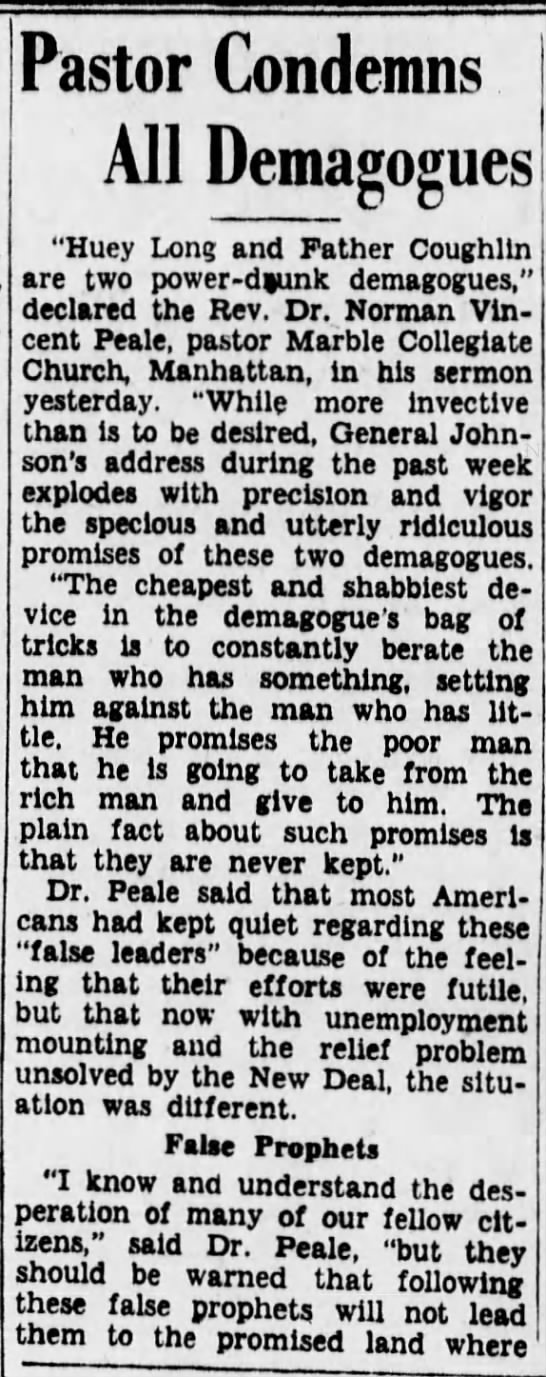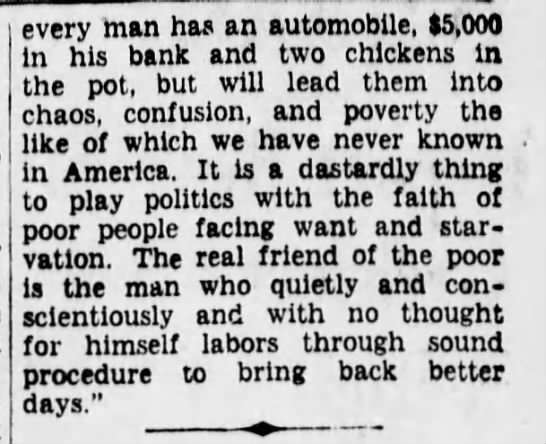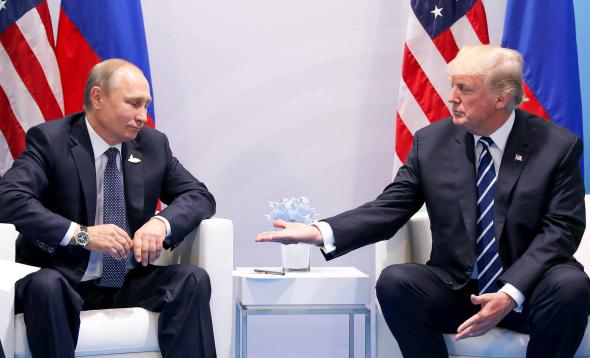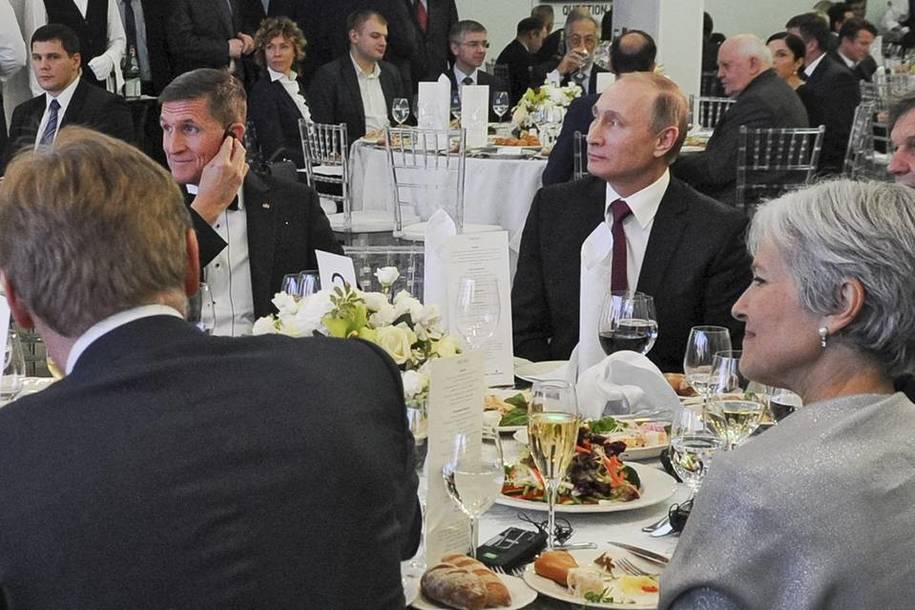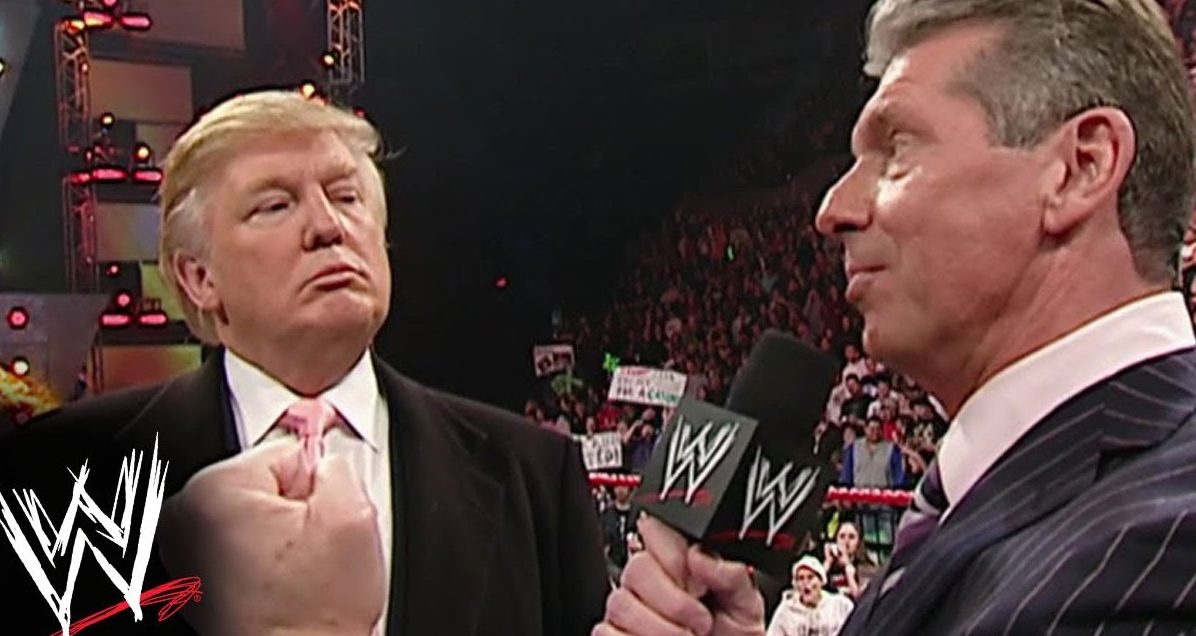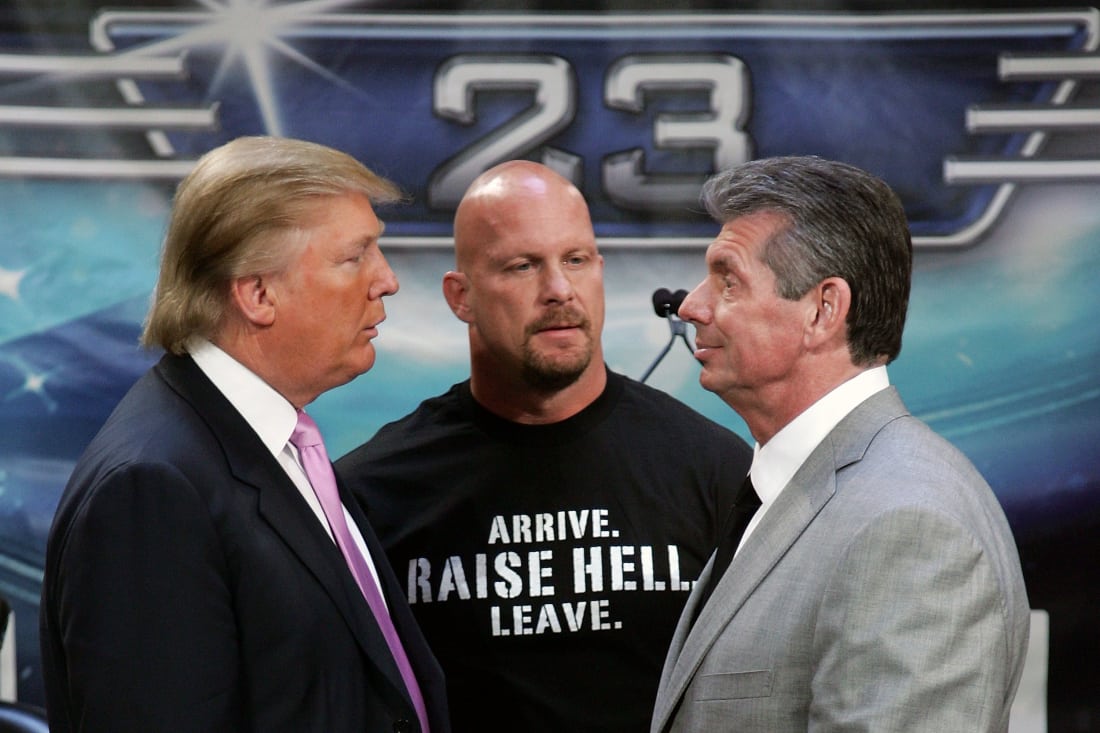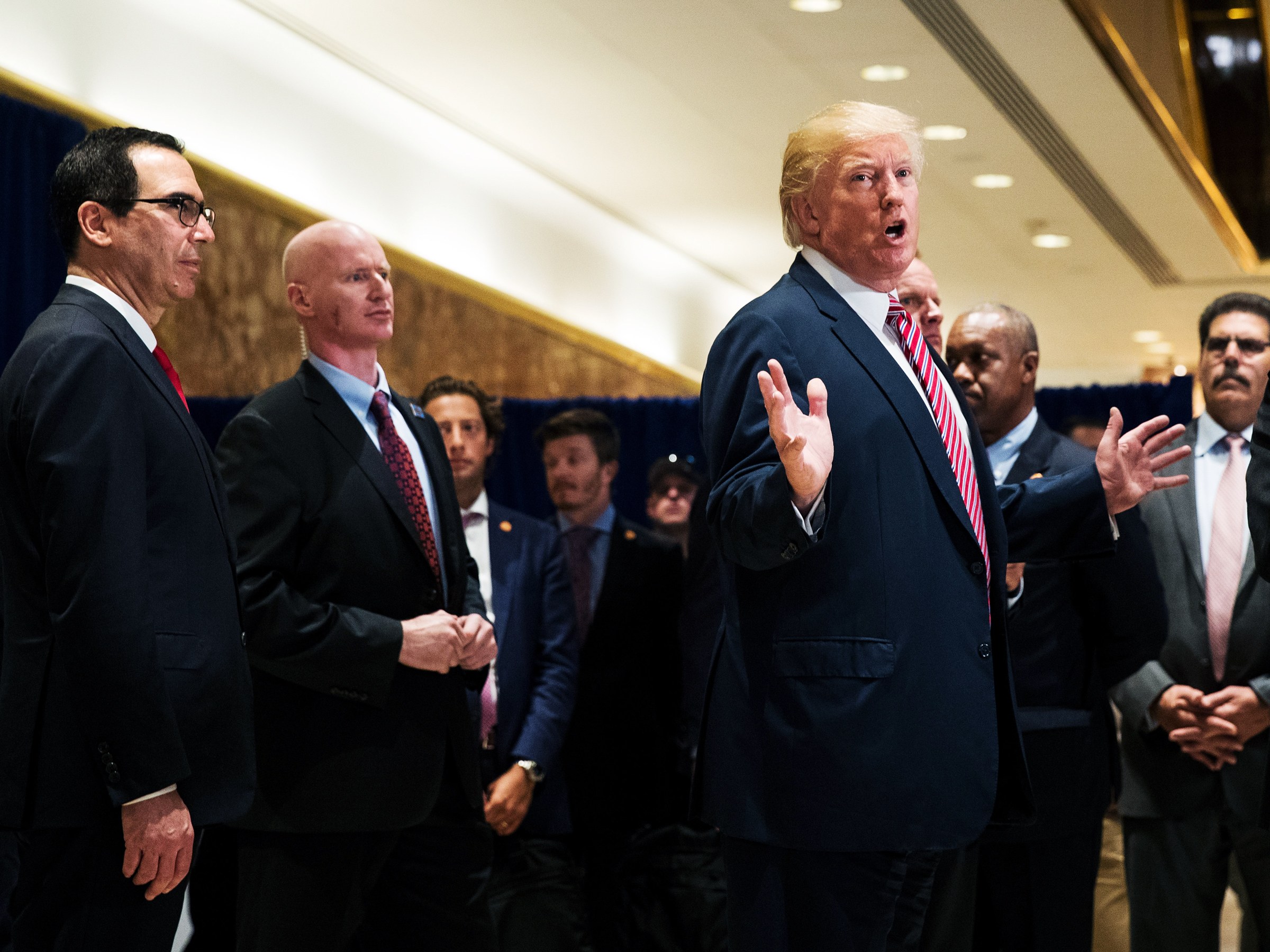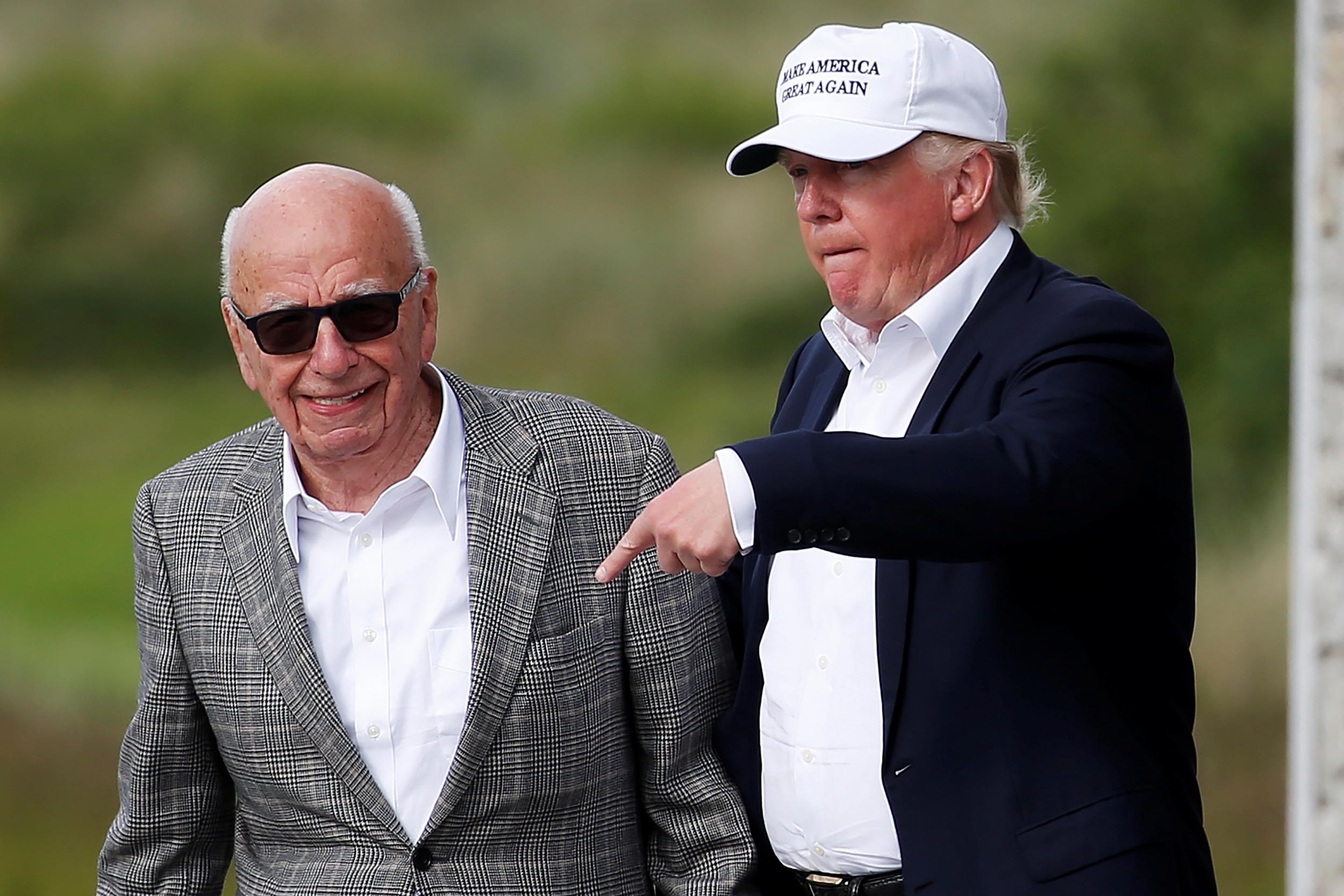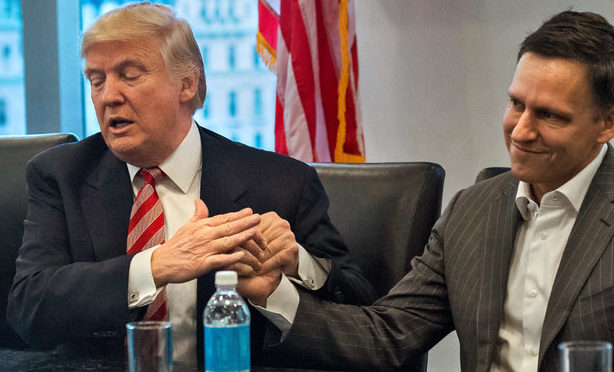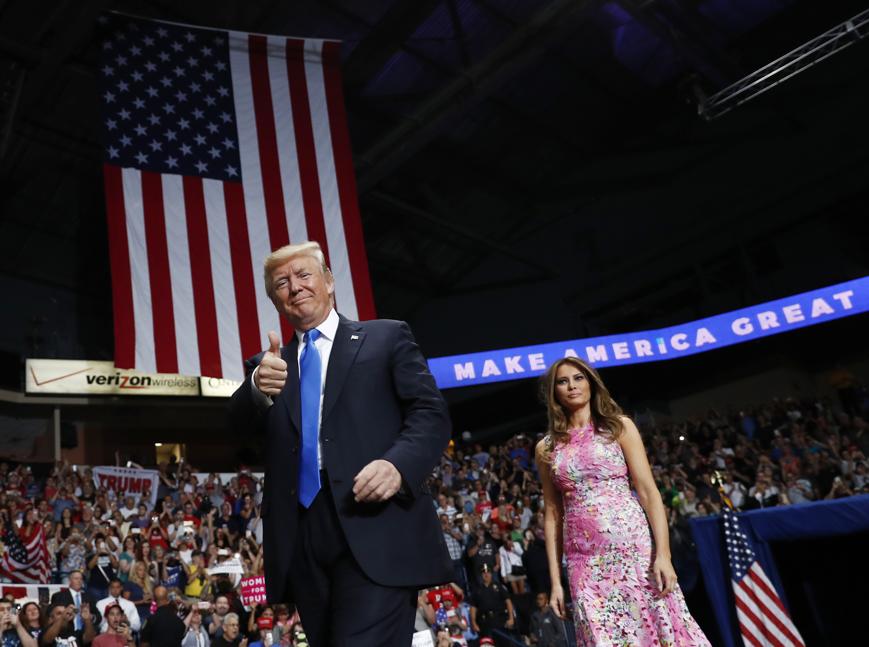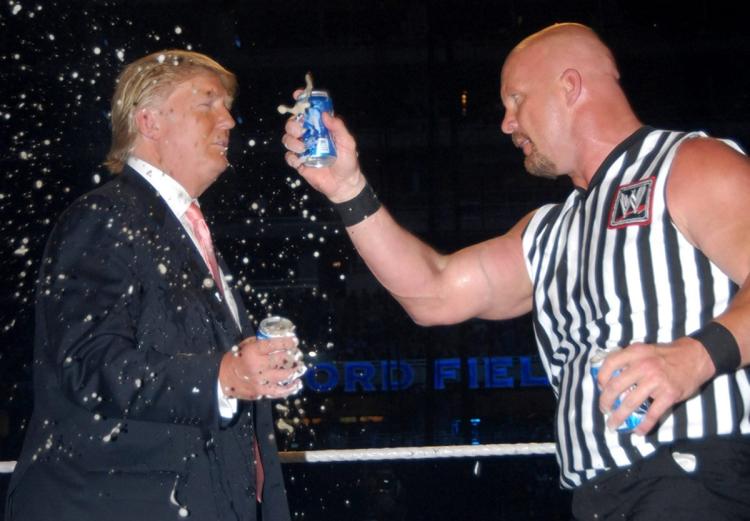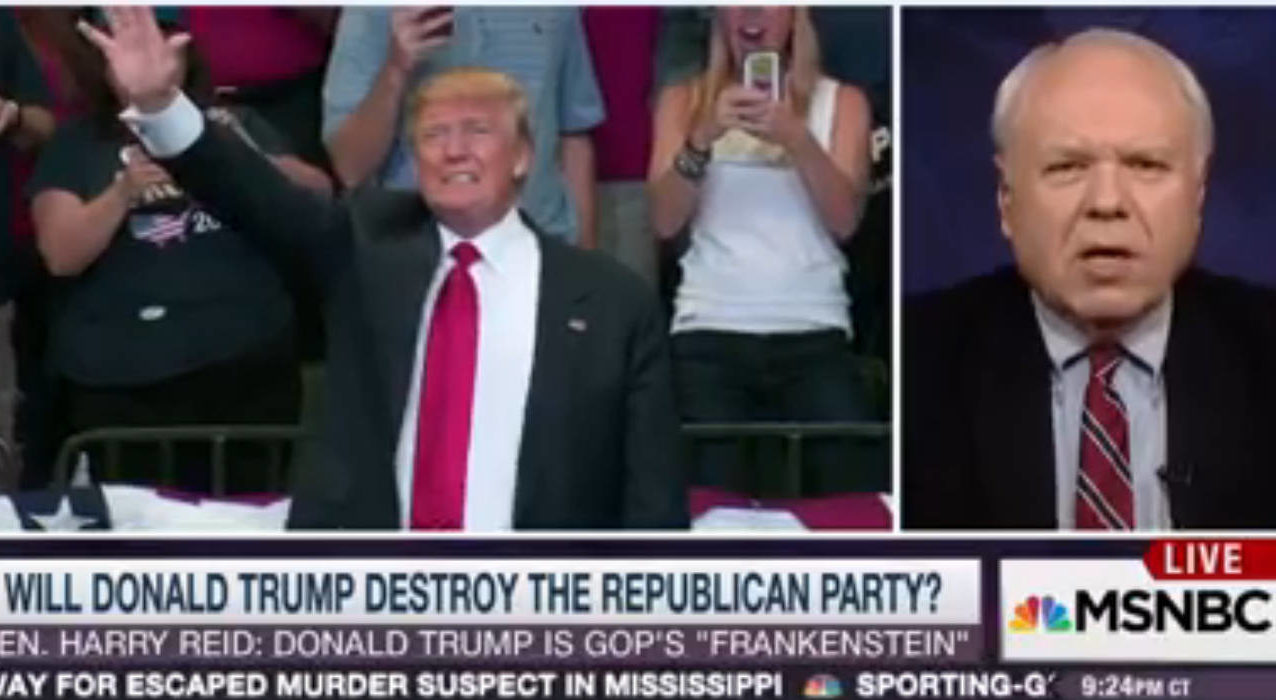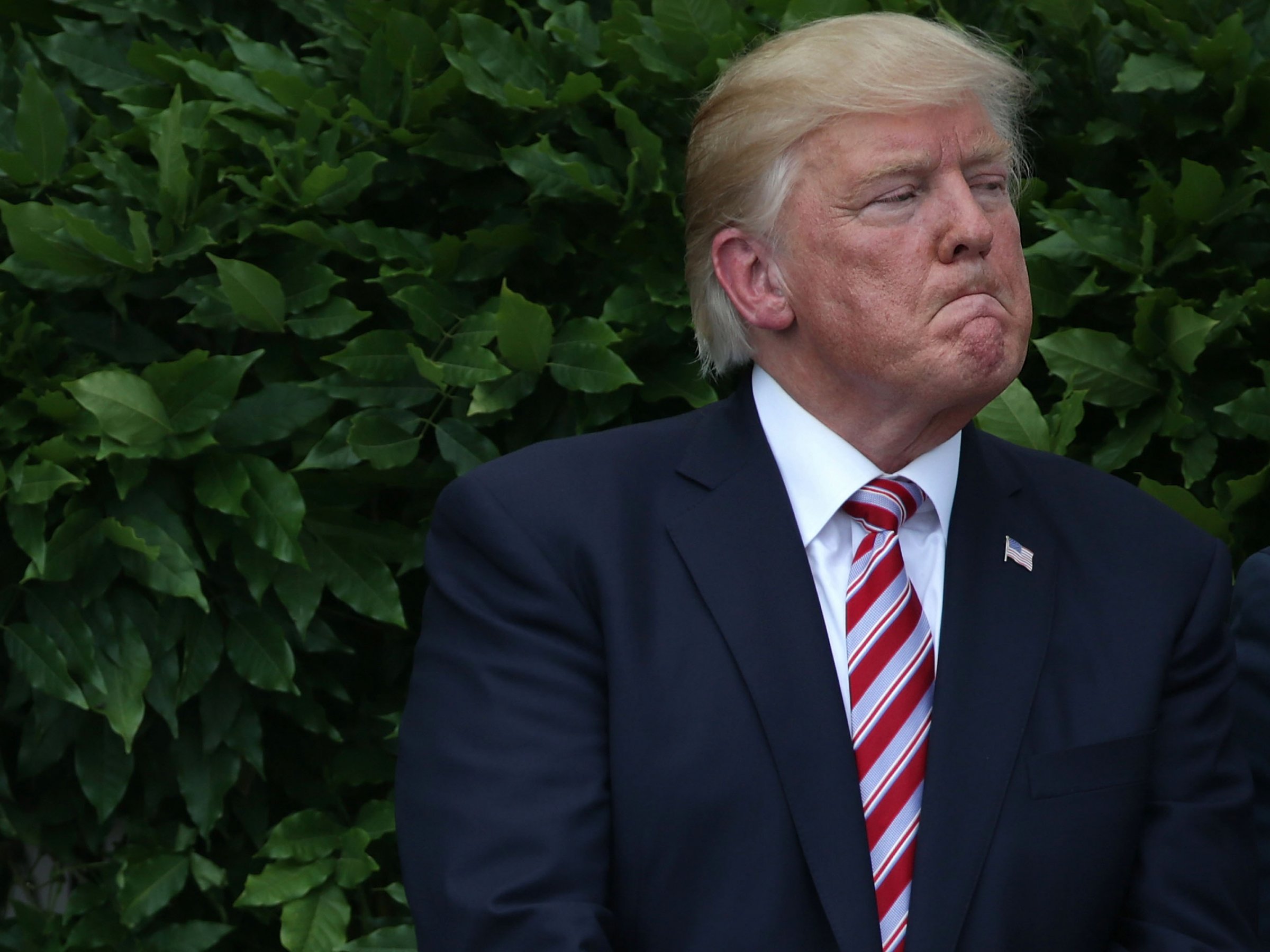Not even counting Matt Lauer’s ween, there’s so much institutional rot in America and abroad, as stark wealth inequality has created a tax-dodging, power-abusing class that’s out of control and beyond the law. I suppose you could argue that it’s always existed and our moment is an enlightened one that has risen to name this evil, but that seems a particularly rosy interpretation.
You could blame the system, but the people deserve a fair share of the criticism. The numbers are in on the Obama years, and for the first time in decades poverty decreased, health-care access was vastly expanded and wealth inequality began to shrink. It appears those gains and far more are going to be handed back to the 1% since nearly 63 million among us decided to vote for a deeply dishonest, deeply disturbed conman. A passage of anything close to the currently proposed tax bill will see to that in the aggregate even if some states and cities continue to adopt more progressive policies (e.g., $15 minimum wage). As Karl Rove warned: Elections have consequences.
There are no national boundaries or state allegiances among the current cabal of bilkers and billionaires, as is demonstrated by Murad Ahmed’s Financial Times profile of octogenarian jagoff Bernie Eccelstone, the former Formula One chief executive who’s thrown decency under the bus by supporting Russia’s evil dictator Vladimir Putin as well as Trump’s hateful campaign. That’s no surprise since he’s a longtime nativist misogynist who dislikes democracy and has “Hitler controversy,” “Bribery accusation” and “Tax avoidance” categories in his Wikipedia listing.
An excerpt:
In the 1990s, Ecclestone was nominated for a knighthood, with character references from Nelson Mandela and Silvio Berlusconi. His stewardship of F1 has helped to create “motorsport valley” in the south of England where many F1 teams are based, employing thousands. Other British businesspeople have been recognised for less, but civil servants balked at ennobling him. A man who still shocks his country’s political establishment — he voted Leave in last year’s Brexit referendum and believes that US president Donald Trump has “done a lot of good things for the world” — has been rejected by it.
“Honestly, I think the guy who should be running Europe, impressed me more than anything, is Mr Putin because he’s a guy that says he’s going to do something and does it . . . [He’s] a first-class person.”
Does Ecclestone approve of Putin’s autocratic tendencies, his lack of tolerance for political dissent, his government’s homophobic policies? “When I was at school, if you did something wrong, the teacher used to say, go and get the punishment book and the cane,” he explains. “Go to your headmistress and get a few whacks or something. That’s what he does.”
Ecclestone has got into trouble for views like this before. He once expressed admiration for Adolf Hitler as a man who “was able to get things done,” a remark for which he later apologised.
I suggest that Ecclestone is condoning repression. What if the Russians on the receiving end of “a few whacks” have done nothing wrong and just want the right to freely criticise their leader? “I was with [Putin] after the [2014 Sochi Winter] Olympics on top of the bloody mountain . . . we had a meeting, just the two of us, and we came out and we were walking along and people were coming up to him asking for an autograph . . . that’s what people think of him.”
This is Ecclestone’s experience of the world, atop a secluded mountain with other men of unquestioned power, bound by their ability to “get things done.”•

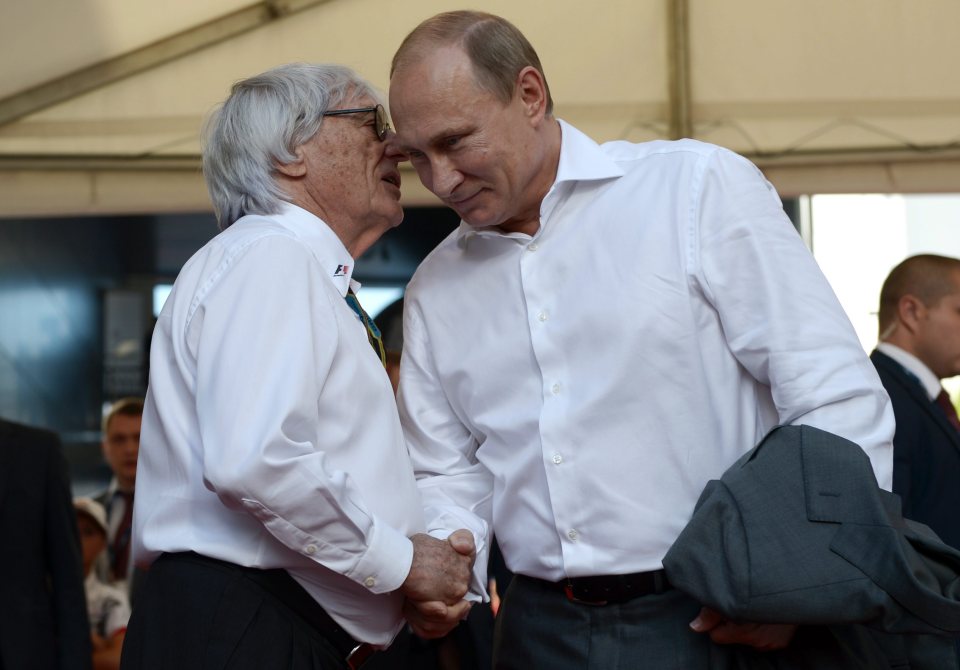


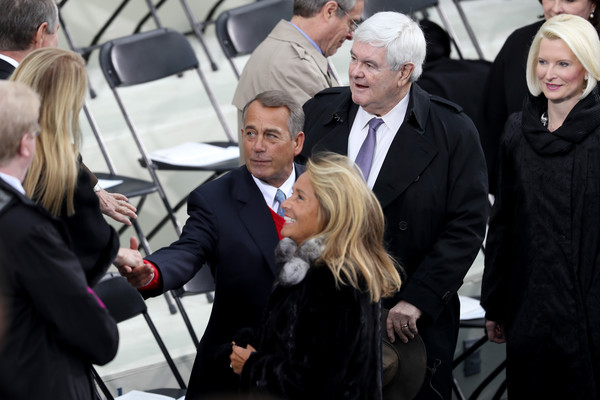
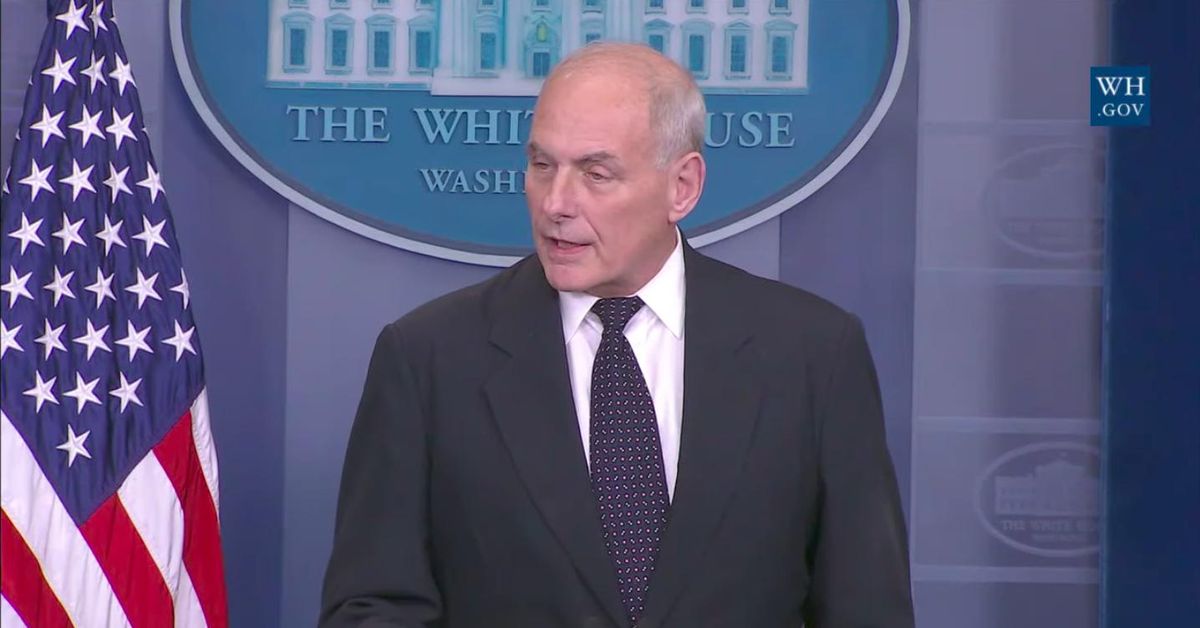

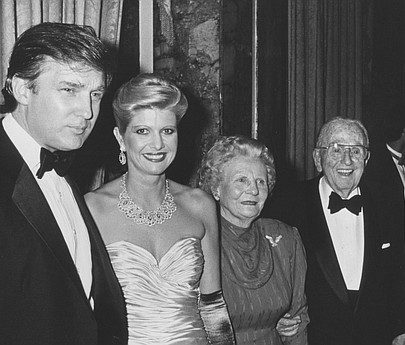

 From
From 